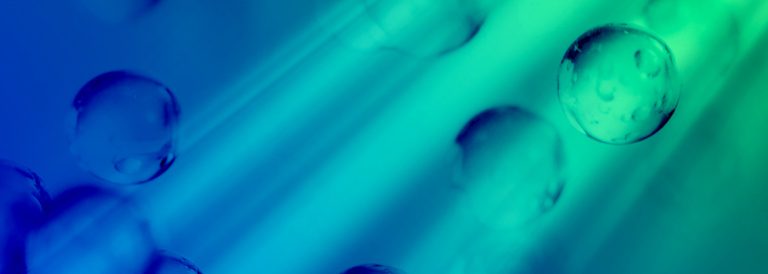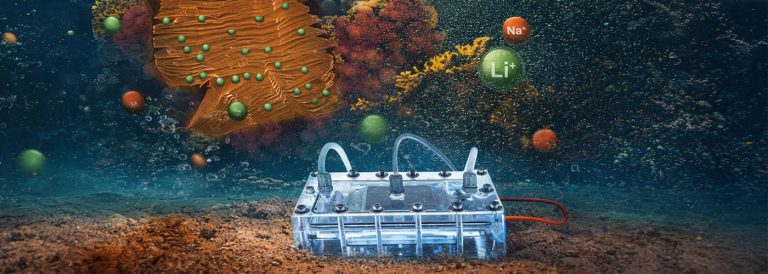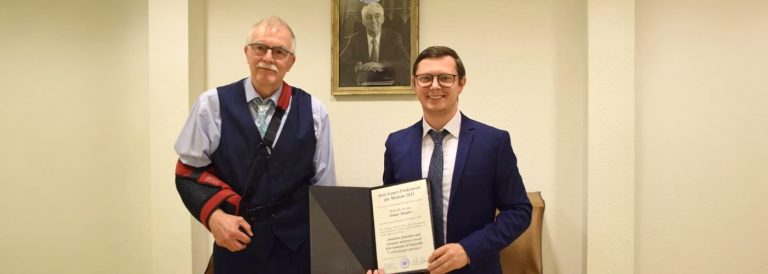Exploring
New Materials
for a Better World
Wir entwickeln aus chemischen und biologischen Bausteinen innovative Materialien, die Grenzen in Funktionalität, Leistung und Nachhaltigkeit überwinden.
Unsere fortschrittlichen Materialien treiben nachhaltige Technologien voran und lösen gesellschaftliche sowie technologische Herausforderungen in Zusammenarbeit mit akademischen und industriellen Partnern.


Biointelligente Materialien
Entdecken Sie unsere innovativen Materialien, die biologische Systeme neu definieren und Organismen programmieren. Wir schaffen revolutionäre Schnittstellen, die Materialien nicht nur verbessern, sondern transformieren.

Elektrointegrative Materialien
Wir entwickeln fortschrittliche Materialien mit hochdichter Ionenverwaltung und stimulus-responsiver Leitfähigkeit, um auf dynamische Umweltbedingungen zu reagieren und Branchen zu revolutionieren.

Optointeraktive Materialien
Erleben Sie die Zukunft mit unseren innovativen Materialien, die Lichtverhalten modulieren oder sich bei Lichtkontakt verändern, und erschließen Sie neue Dimensionen in Technologie und Design.










